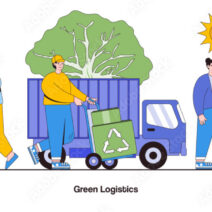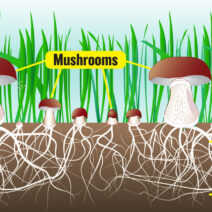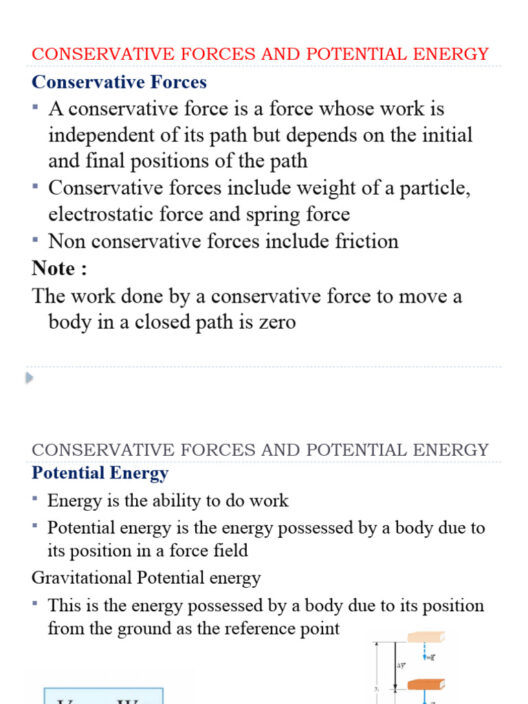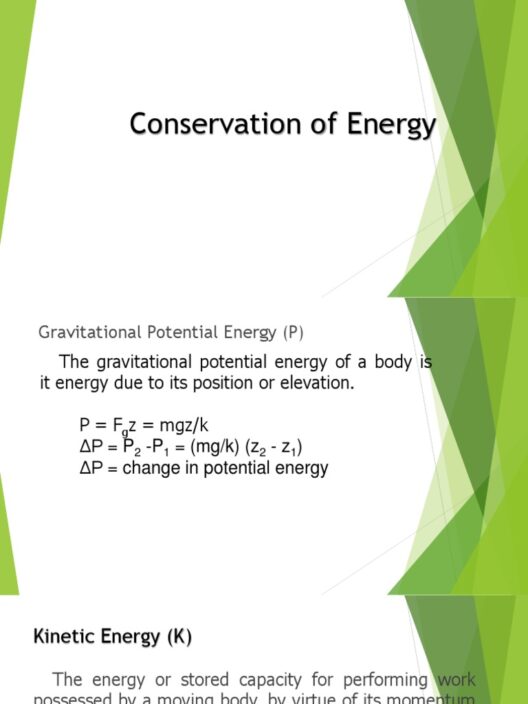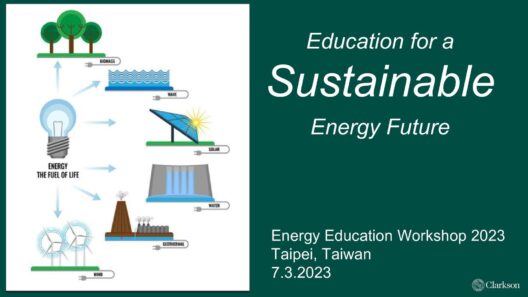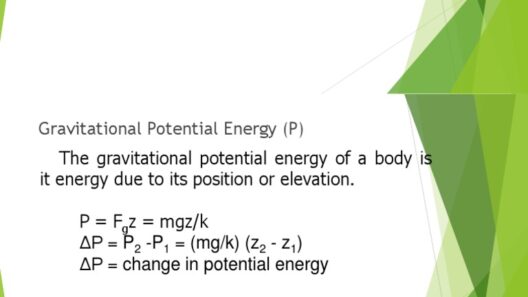In today’s educational landscape, interactive tools like Quizlet have transformed the way students approach their studies. Energy conservation, a cornerstone of environmental sustainability, is one of the many subjects students delve into, making Quizlet an invaluable resource. This article will explore the various dimensions of Energy Conservation Quizlet, illustrating the multitude of content types available to help students study effectively and prepare for tests.
Quizlet is an online learning platform that provides students the opportunity to study through flashcards, quizzes, and games. By encouraging engagement through varied formats, it caters to diverse learning preferences. When examining energy conservation, users can expect an assortment of study materials designed to turn complex concepts into digestible information. Let’s unfold the layers of content that make up Energy Conservation Quizlet.
At the core of Quizlet’s offerings are flashcards. This traditional yet effective study tool allows learners to familiarize themselves with essential terminology and key concepts. For example, flashcards may cover pivotal definitions such as “renewable energy,” “energy efficiency,” and “fossil fuels.” By flipping through these digital cards, students reinforce their memory and understanding of these crucial terms. The simplicity of flashcards makes them an excellent choice for on-the-go study sessions, letting students review information in a concise manner.
Beyond basic definitions, Quizlet’s flashcards often dive deeper into quantitative aspects—energy consumption figures, efficiency ratings, and the various types of renewable resources. For instance, a user might encounter a card that states the percentage of energy derived from solar panels versus wind turbines. This level of detail is vital for comprehensive learning, as it enables students to grasp not just the definitions but the implications of energy conservation in real-world scenarios.
Another key component of Energy Conservation Quizlet is the interactive quiz format. Quizzes provide learners with a platform to test their knowledge and identify areas that may require additional focus. Questions may range from multiple-choice formats to true or false, addressing energy-saving practices or recent technological advancements in generating cleaner energy. The immediate feedback provided by these quizzes can significantly bolster comprehension, as students can instantly assess their understanding of the material.
Incorporating diagrams and visual aids is another significant feature. Visual learning is crucial when trying to understand complicated processes like the energy transformation of solar power into electricity. Quizlet’s flashcard sets sometimes include illustrations that depict energy diagrams or system processes, aiding in visualization. For example, seeing a flowchart that outlines the energy-efficient home design principles can make abstract concepts more tangible and relatable.
Furthermore, Quizlet supports collaborative learning. Students can create their own sets or utilize those generated by peers around the globe, allowing for a rich exchange of knowledge. Group studies can become more stimulating as learners discuss and compare different content sets, often leading to a broader understanding of energy conservation strategies. This collaboration can yield new insights or viewpoints that a student hadn’t previously considered.
Quizzes and flashcards are not the only forms of content to be explored. When investigating energy conservation on Quizlet, learners might also come across study games aimed at reinforcing knowledge while maintaining engagement. Games, such as Match or Gravity, turn studying into a fun and competitive experience. Students race against the clock, reinforcing what they’ve learned while honing their recall speed—a critical skill for exams.
In light of the recent global focus on sustainability, energy conservation has become a hot topic in environmental sciences. As such, users can often find study materials that include recent case studies, technological innovations, and policies impacting energy conservation. Engaging with content related to current events surrounding energy use can provide context, illustrating why energy conservation is not merely an academic concept but a pressing real-world necessity.
The breadth of content available on Energy Conservation Quizlet prepares students not merely for tests but for informed citizenship. It empowers them with the knowledge to make environmentally responsible choices. When discussing energy reduction strategies or advocating for renewable energy solutions, a solid foundational understanding cultivated through Quizlet can inspire effective activism and communal growth.
Students can also explore subject-specific sets that coincide with their coursework, ensuring their study is both relevant and tailored. For instance, if a student is enrolled in a physics course, the study sets can be centered on thermodynamics or the laws of energy conservation—allowing for seamless integration of Quizlet’s materials into their existing syllabus.
Lastly, the adaptability of Quizlet means that content can be constantly updated to reflect new research and discoveries in the field. The dynamic nature of energy conservation requires that students remain aware of emerging technologies, policies, and social movements. Quizlet adapates in step with these changes, providing learners with access to the latest information at their fingertips.
In conclusion, utilizing Quizlet for studying energy conservation offers an expansive array of content designed to support diverse learning styles. From foundational flashcards to collaborative quizzes and game-based learning, Quizlet transforms the study of energy conservation into an engaging educational experience. As students immerse themselves in this rich learning environment, they become better equipped not just for academic success, but for making informed choices that contribute positively to global sustainability efforts.
